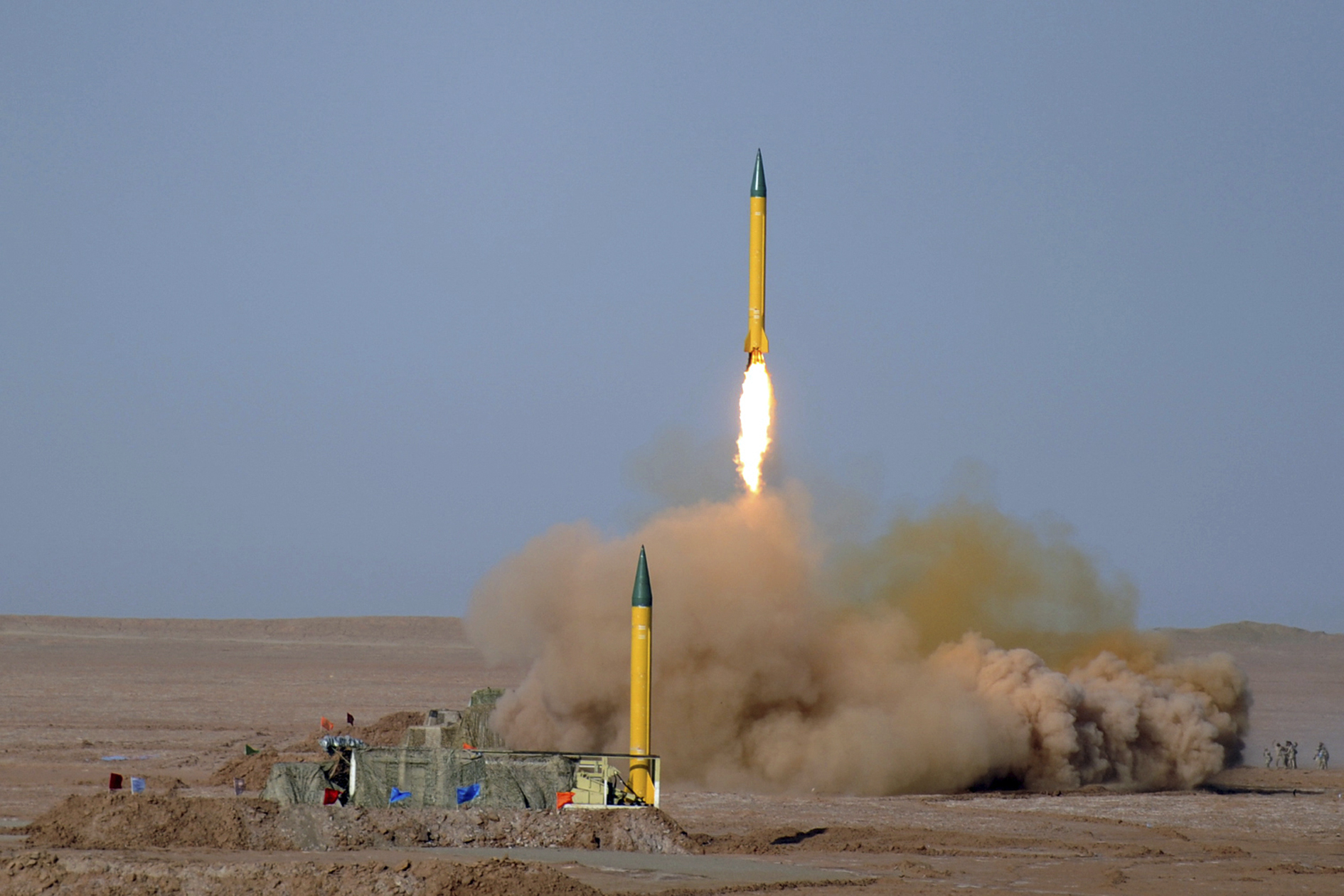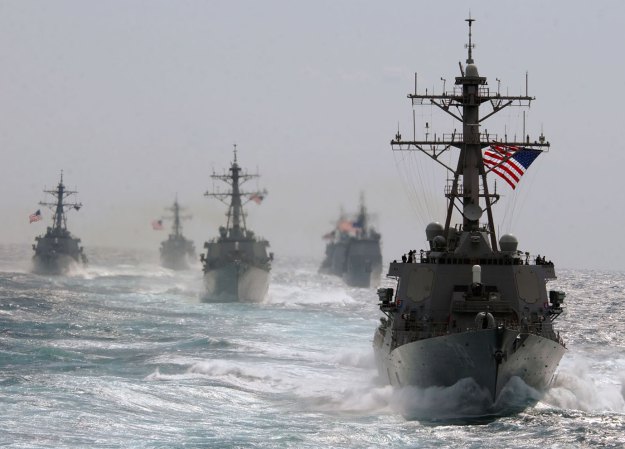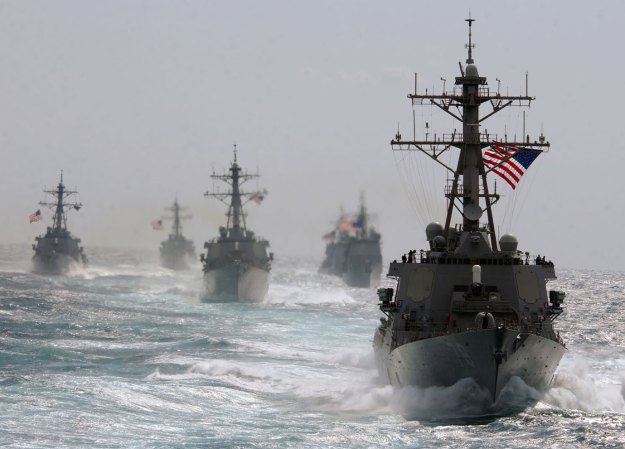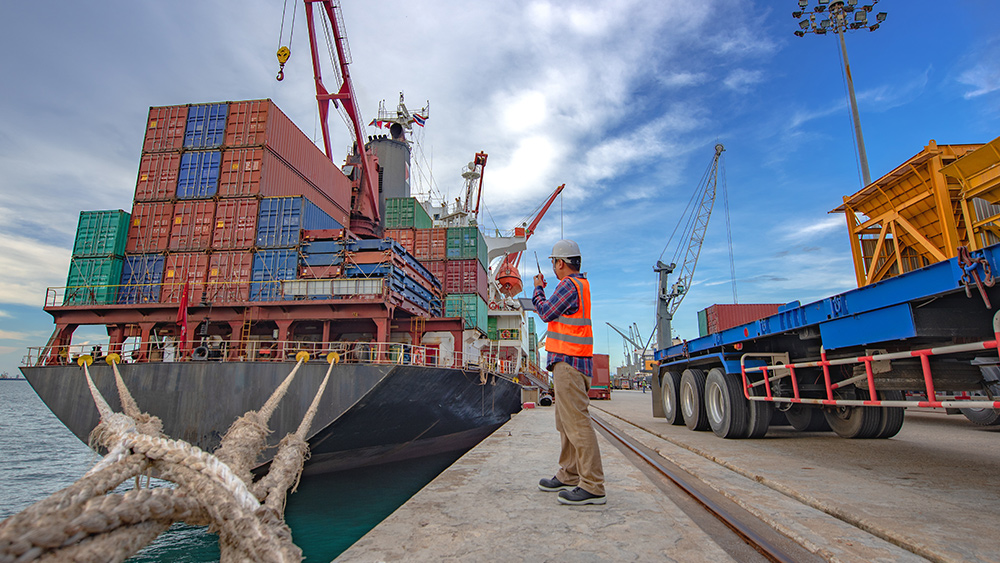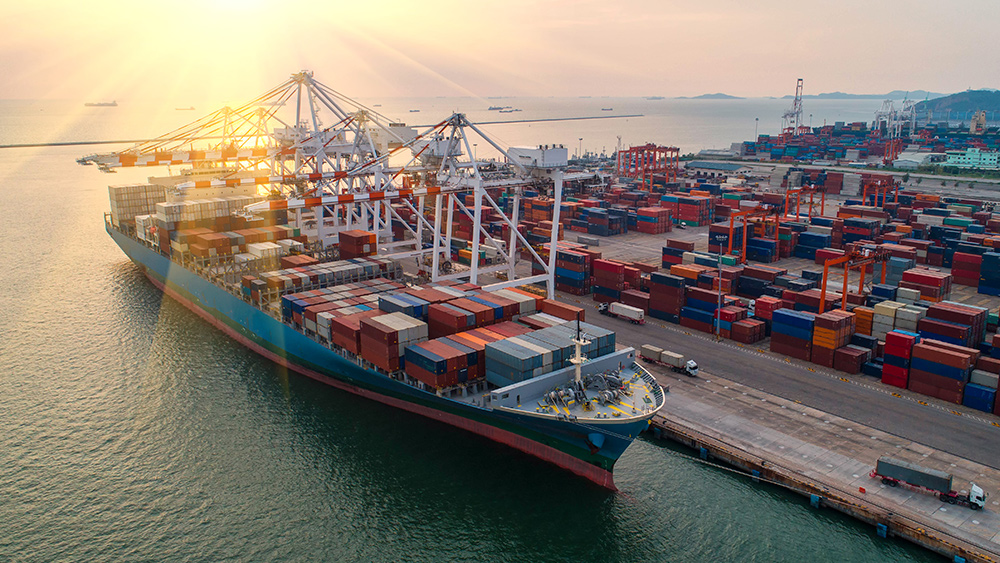U.S. and U.K. warplanes bomb Houthi targets in Yemen in another significant escalation of Gaza war
01/15/2024 / By Cassie B.
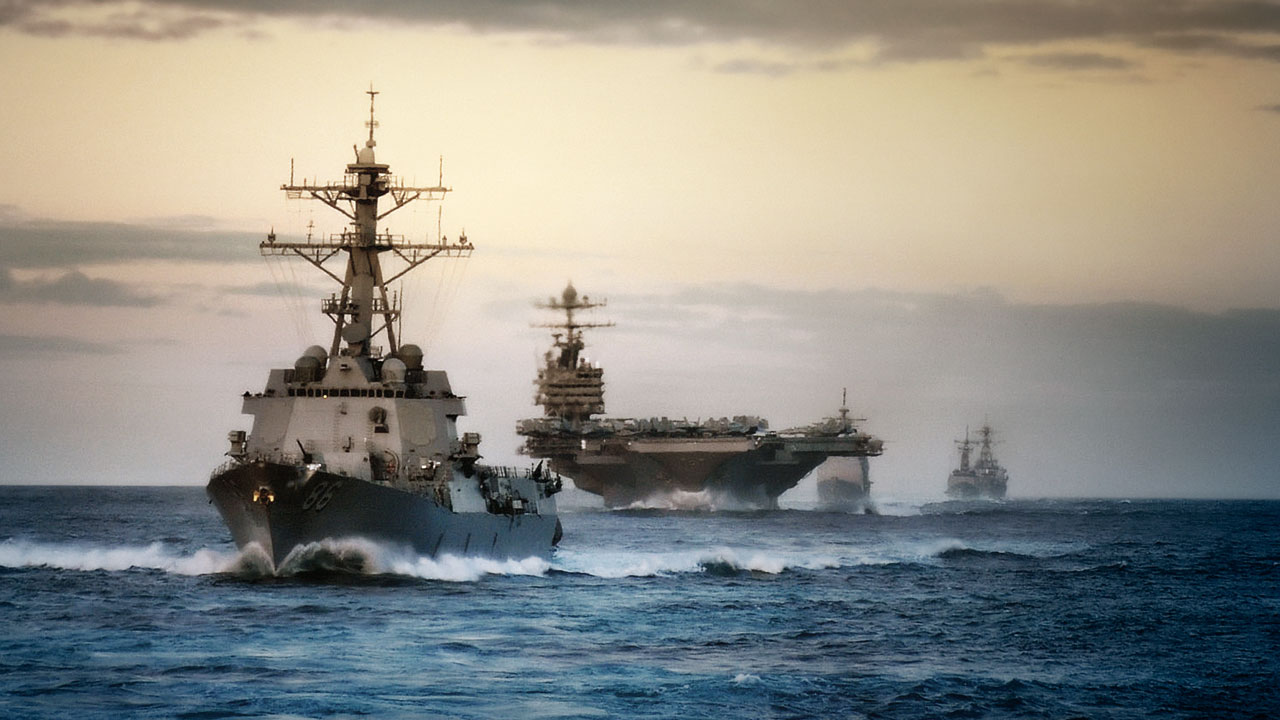
Fears of the Israel-Hamas war expanding have now become a reality as U.S. and U.K. warplanes have been striking Houthi targets in Yemen in response to their recent commercial shipping attacks in the Red Sea.
President Biden said the strikes are being conducted “in direct response to unprecedented Houthi attacks against international maritime vessels in the Red Sea.”
He said in a statement that the operations were focused on “targets in Yemen used by Houthi rebels to endanger freedom of navigation in one of the world’s most vital waterways” and added that he will “not hesitate to direct further measures to protect our people and the free flow of international commerce as necessary.”
U.S. Air Forces Central Commander Lt. General Alex Grynkewich announced that American and coalition forces launched more than 100 precision-guided munitions at more than a dozen locations used by Houthi militants, including depots, munitions, production facilities and radar defense systems.
UK Prime Minister Rishi Sunak characterized the strikes as “self-defense” with the goal of easing tensions and bringing stability back to the region.
Joint strikes were carried out involving American aircraft, submarines and ships with support from Australia, Canada, Bahrain and the Netherlands against a number of Houthi targets in Yemen. The strikes came from Tomahawk missiles and fighter jets and were aimed at eroding the Houthis’ ability to carry out their attacks on Red Sea vessels.
A spokesperson for the Houthi rebels, Yahya Sare’e, claimed that five people have been killed in the attack and six have been wounded. He added that the strikes will not stop them from carrying out more attacks on shipping interests in the Red Sea.
Crucial shipping waterway in Red Sea under constant attack
The strikes illustrate the growing concern around the world about the ongoing threats to the crucial shipping waterway. The Houthis, with backing from Iran, have been attacking commercial shipping vessels in the Red Sea with missiles and drones for several weeks.
Although U.S. navy ships regularly intercept them and shoot them down, the problem is so extensive that numerous major shippers have started avoiding the area entirely and rerouting their ships around the southern tip of Africa, which is adding significant time and expense to their routes.
The Houthis say the attacks are a way of showing support for Palestinians in Gaza. They claim they will not let up until Israel permits medicine and food into the enclave, and experts say they may be hoping the economic damage they are causing to Israel’s allies will be enough to push them to pressure the Jewish state into stopping its military offensive in the Gaza Strip.
Demonstrators chant “Death to America”
Pro-Houthi demonstrators carried out protests in the Yemeni capital, Sanaa, on Friday against the airstrikes, with some chanting “God is great, death to America, death to Israel, curse the Jews, victory to Islam.”
Houthi leader Abdul Malek Al-Houthi said that American attacks on Yemen “will not go unanswered” and claimed that their response will be “much more” than attacks on American ships in the Red Sea.
Although the U.S. previously tried to avoid striking Yemen directly and stoking tensions, the situation in the Red Sea has been growing worse. Officials have been warning in recent days that there would be consequences for continued attacks on vessels in the Red Sea, with U.S. Secretary of State Antony Blinken stating that “if it doesn’t stop, there will have to be consequences. And unfortunately, it hasn’t stopped.”
He is reportedly telling regional leaders on his current trip to the Middle East that any military action the U.S. takes against Houthis will be defensive rather than escalatory. Meanwhile, the UN Security Council has issued a resolution calling on the Houthis to stop their attacks immediately.
Sources for this article include:
Submit a correction >>
Tagged Under:
big government, chaos, conflict, dangerous, economic riot, Houthis, insanity, military tech, national security, Red Sea, shipping, supply chain, terrorism, violence, weapons technology, WWIII, Yemen
This article may contain statements that reflect the opinion of the author
RECENT NEWS & ARTICLES
SupplyChainWarning.com is a fact-based public education website published by SupplyChainWarning.com Features, LLC.
All content copyright © 2021 by SupplyChainWarning.com Features, LLC.
Contact Us with Tips or Corrections
All trademarks, registered trademarks and servicemarks mentioned on this site are the property of their respective owners.

